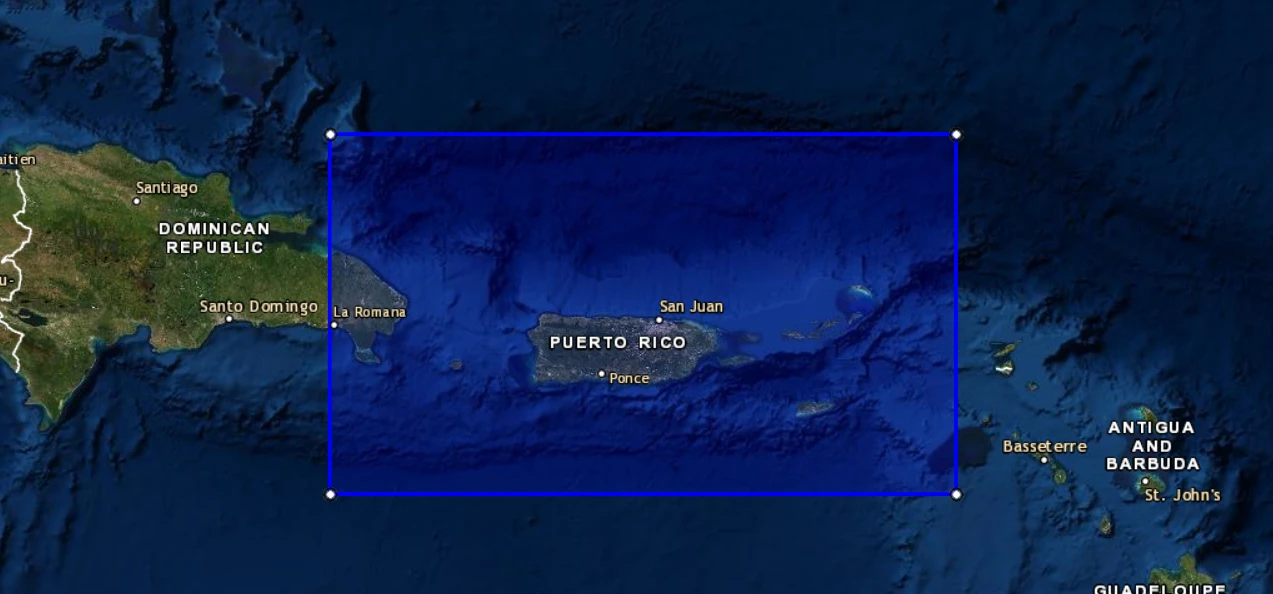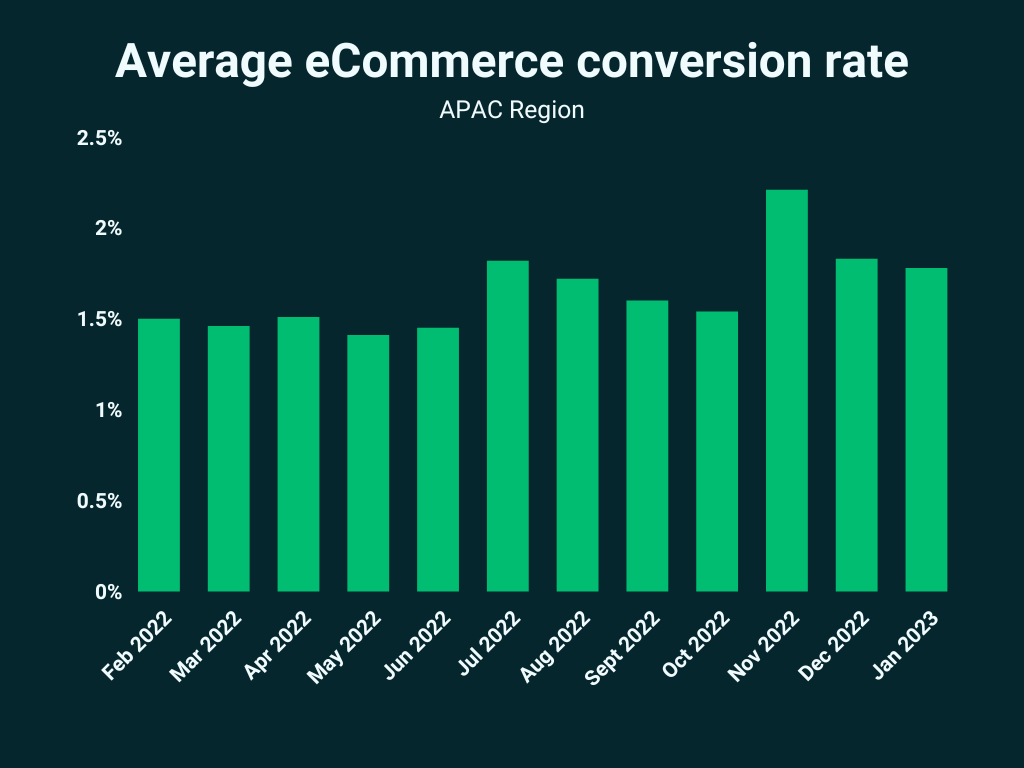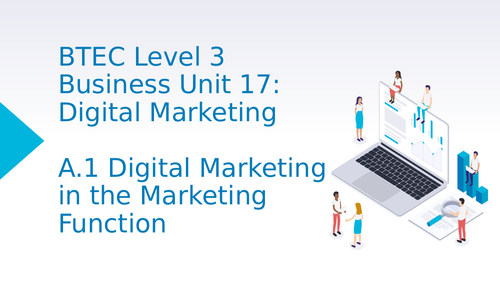The Carahsoft Technology Corporation FBI raid has sent shockwaves through the federal contracting industry. As one of the largest IT solutions providers for public-sector clients, Carahsoft’s role is deeply entwined with federal technology initiatives, making this investigation a significant moment in government oversight.
This extended analysis dives into the finer details of the investigation, Carahsoft’s historical performance, broader implications for federal contractors, and the evolving legal and cybersecurity landscape in public procurement.
1. The Rise of Carahsoft in Federal IT Solutions
To understand the gravity of the FBI raid, it’s essential to first grasp the pivotal role Carahsoft plays in federal IT procurement.
A Brief History of Carahsoft
Founded in 2004 by Craig P. Abod, Carahsoft started as a small IT reseller and quickly rose to prominence by aligning itself with major technology vendors and positioning itself as the go-to aggregator for federal agencies. By simplifying procurement and offering scalable IT solutions, the company has grown exponentially, partnering with giants such as:
- Adobe Systems: For creative tools and enterprise solutions.
- VMware: For virtualization and cloud computing.
- Palo Alto Networks: For cybersecurity infrastructure.
- Salesforce: For customer relationship management tools.
Today, Carahsoft manages contracts worth billions annually under vehicles like the General Services Administration (GSA) Schedule, simplifying the often cumbersome procurement processes that federal agencies face.
Strategic Importance of Carahsoft
Carahsoft acts as a middleman, connecting public-sector agencies with innovative private-sector technology. Its streamlined processes and wide network make it indispensable to government IT modernization efforts, including:
- Cloud Computing: Facilitating federal agencies’ transition to cloud-based infrastructure.
- Cybersecurity: Strengthening the defense systems of critical agencies.
- AI and Analytics: Supporting data-driven decision-making across departments.
However, this pivotal role also means the company operates under intense scrutiny, with its every move potentially affecting the government’s ability to meet its technology goals.
2. What We Know About the FBI Investigation
The details of the FBI raid remain under seal, but several key pieces of information provide insight into the agency’s focus:
Potential Violations Under Investigation
- False Claims Act Violations
Allegations suggest that Carahsoft may have:- Misrepresented pricing terms, resulting in inflated costs for taxpayers.
- Submitted fraudulent claims under federal contracts.
- Procurement Fraud
Federal investigators often examine whether companies engage in anti-competitive practices, such as bid-rigging or collusion with other contractors. - Cybersecurity Compliance
With government agencies increasingly dependent on IT vendors, investigators are paying closer attention to whether contractors meet stringent cybersecurity requirements. Failing to comply with these standards can jeopardize national security.
Past Compliance Challenges
While the 2024 investigation appears to involve separate allegations, it’s important to note Carahsoft’s prior settlement with the DOJ. In 2015, the company, alongside VMware, resolved a $75.5 million settlement related to overcharging the government for software licenses. This settlement underscores a history of compliance challenges that federal investigators are likely revisiting in their current probe.
Government Crackdown on Fraud
The FBI raid aligns with a broader trend of enforcement actions targeting contractors who fail to uphold transparency and ethical standards. In 2023 alone, the DOJ recovered $2.2 billion in settlements and judgments related to FCA violations.
3. The False Claims Act: A Closer Look
What Is the FCA?
The False Claims Act (FCA) was enacted during the Civil War to combat fraud in government contracts. It imposes penalties on anyone who knowingly submits false claims for federal funds.
Key Provisions of the FCA
- Liability for False Claims: Contractors can face penalties for submitting false pricing data or delivering substandard services.
- Whistleblower Protections: Under the FCA’s qui tam provision, individuals (often employees) can file lawsuits on behalf of the government.
- Treble Damages: Companies found guilty of violating the FCA must pay three times the damages caused, plus additional penalties.
DOJ’s FCA Enforcement Trends
The DOJ has expanded its FCA enforcement to target not only traditional fraud but also areas like cybersecurity compliance. Contractors that fail to implement proper security measures or misrepresent their capabilities risk FCA investigations and subsequent penalties.
4. Cybersecurity: A Central Theme in Government Contracting
Why Cybersecurity Compliance Matters
Federal agencies rely on IT contractors to protect critical infrastructure and sensitive information. Non-compliance with cybersecurity standards, such as the Federal Acquisition Regulation (FAR) and Cybersecurity Maturity Model Certification (CMMC), can lead to:
- Data Breaches: Exposing classified government information to foreign adversaries.
- Operational Disruption: Compromising the functioning of critical systems.
- Financial Penalties: Contractors face substantial fines for non-compliance.
DOJ’s Civil Cyber-Fraud Initiative
Launched in 2021, this initiative holds government contractors accountable for failing to meet cybersecurity standards. Examples include:
- Aerojet Rocketdyne: Paid $9 million in 2022 to resolve allegations of cybersecurity non-compliance under its DoD contracts.
- Comprehensive Health Services: Paid $930,000 in 2023 for failing to secure medical data on federal servers.
5. Broader Implications for Federal Contractors
The Carahsoft investigation has far-reaching consequences for other contractors:
Increased Oversight
Federal agencies are now more vigilant than ever, scrutinizing everything from pricing transparency to cybersecurity protocols.
Evolving Compliance Standards
Contractors must stay updated on changes to regulations, particularly the CMMC framework, which is evolving to address growing cybersecurity threats.
Whistleblower Incentives
The government has strengthened protections for whistleblowers, leading to an uptick in FCA cases filed under the qui tam provision.
6. Lessons from Similar Cases
Several high-profile cases provide valuable lessons for contractors:
- Lockheed Martin: Paid $4.4 million in 2021 to resolve allegations of false billing.
- Raytheon Technologies: Faced scrutiny over pricing discrepancies in defense contracts.
- Northrop Grumman: Settled FCA allegations for $30 million in 2020, demonstrating the consequences of procurement fraud.
7. Preparing for the Future
Contractors can take the following steps to avoid falling under federal scrutiny:
- Conduct Internal Audits
Regularly review pricing models and compliance frameworks. - Enhance Cybersecurity
Ensure full compliance with federal standards, including multi-factor authentication, encryption, and regular vulnerability assessments. - Foster Transparency
Build trust by maintaining open communication with government clients and whistleblower-friendly policies.
8. The Road Ahead for Carahsoft
While Carahsoft has pledged to cooperate with investigators, the outcome of the raid could reshape the company’s standing in the industry. If found guilty of FCA violations, the company may face substantial fines, reputational damage, and restrictions on future federal contracts.
Conclusion
The Carahsoft Technology FBI raid is a pivotal moment in federal contracting oversight. As the investigation unfolds, it serves as a stark reminder to contractors of the importance of compliance, transparency, and cybersecurity. The outcome of this case will likely influence the future of public procurement, reshaping how contractors engage with federal agencies.please more information also visit the website














Leave a Reply